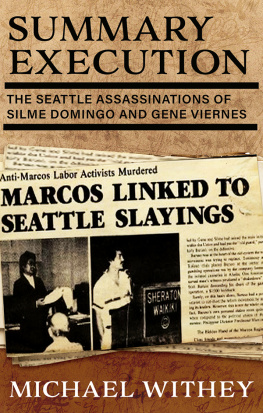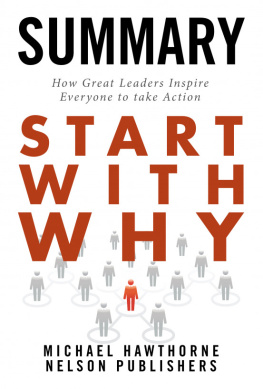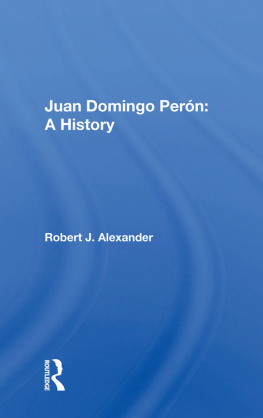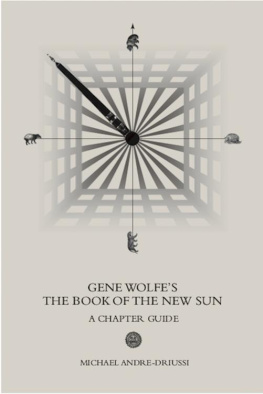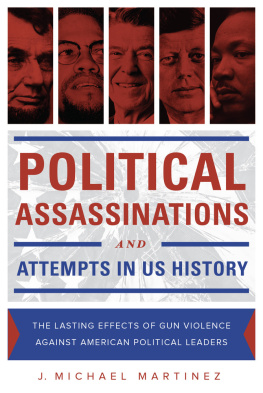Summary
Execution
The Seattle Assassinations of Silme Domingo and Gene Viernes
BY MICHAEL WITHEY
WildBluePress.com
SUMMARY EXECUTION published by:
WILDBLUE PRESS
P.O. Box 102440
Denver, Colorado 80250
Publisher Disclaimer: Any opinions, statements of fact or fiction, descriptions, dialogue, and citations found in this book were provided by the author, and are solely those of the author. The publisher makes no claim as to their veracity or accuracy, and assumes no liability for the content.
Copyright 2017 by Michael Withey
All rights reserved. No part of this book may be reproduced in any form or by any means without the prior written consent of the Publisher, excepting brief quotes used in reviews.
WILDBLUE PRESS is registered at the U.S. Patent and Trademark Offices.
ISBN 978-1-947290-37-2 Trade Paperback
ISBN 978-1-947290-36-5 eBook
Interior Formatting/Book Cover Design by Elijah Toten
www.totencreative.com
THE MURDERS
June 1, 1981
Local 37 Union Hall, Seattle
On the eastern edge of the Pioneer Square district in Seattle stood an historic but nondescript two-story terra-cotta building, crowned by a large, weatherworn sign that read Cannery Workers ILWU Local 37 in blue and white paint peeling from the soft but incessant Seattle rain.
The union halls entrance opened to a corridor that led to the dispatch hall. This was where seasonal laborers predominantly Filipino received assignments each summer for back-breaking jobs on the slime lines of the seafood canneries that hugged the shores of Alaska.
To get to the dispatch hall, the corridor first paralleled two offices on its left; the first office led into the second, an interior space used by the president of Local 37, Constantine Tony Baruso. Over Barusos desk was a prominent picture of himself shaking hands with the president of the Philippines, Ferdinand Marcos.
The outer office was the domain of Local 37s Secretary-Treasurer Silme Domingo and Dispatcher Gene Viernes. Both men had been recently elected as union officers, but they did not share Barusos politics. In fact, that afternoon they were waiting for their friend and fellow activist, David Della, to arrive for a meeting about their anti-Marcos efforts.
Dave was running late. While they waited, both men worked diligently in the stale air of the windowless office. Silme sat hunched over his desk, piles of yellowed papers at his right elbow. Gene stood at the filing cabinet, searching for information on a Local 37 member, Ben Guloy, who had called to find out if he could qualify for the next dispatch of cannery workers.
It was a question many of the union members had been asking recently. At the unions first dispatch of the season a few days before, to the Peter Pan Cannery in Dillingham, there had been trouble. On May 26, Gene had gathered the members in the dispatch hall and announced a controversial new procedure, which assigned jobs at the canneries based solely on union member seniority and past work history in the industry. This replaced the prior arrangement, where individual cannery foremen worked with Baruso to create lists of workers based on their personal preferences as well as who paid them the most money under the table to dispatch to each cannery. Both Gene and Silme explained to the members that they wanted to end the system where members felt they needed to bribe their own union in order to get work.
Genes announcement was interrupted by a union member who was also the head of the local Filipino Tulisan gang. Tony Dictado rose from his metal chair so fast it collapsed backwards onto the concrete floor with a thwack. My boys need to get dispatched now, hed said in no uncertain terms. He demanded that Gene change the list to include Tulisan gang members who worked in the canneries and also ran gambling operations in the bunkhouses. When Gene refused, explaining that there were no exceptions to the new procedures, Dictado exploded, swearing in Ilocano before storming out.
Dictado was used to getting his way. So was Baruso. In addition to the bribes he received in exchange for priority in dispatch, it was common knowledge that Baruso was getting a percentage of the gambling proceeds from the foremen. But the two new officers were idealists, elected on a platform to reform the union and bring about a fair dispatch and stronger negotiations with the industry. Before their election, they had founded a Rank and File Committee (RFC) of union activists, and the independent Alaska Cannery Workers Association (ACWA). Both groups had bravely and aggressively confronted the Alaska seafood industry about the blatant race discrimination that existed in the canneries. Without Baruso or Local 37s support, they had been vigorously filing race discrimination lawsuits and challenging powerful industries in court.
Those were big accomplishments for two men who were not yet thirty years old, and their successes were largely a credit to how well they worked together.
Silme Domingo was born in Seattle in 1952 to a large Filipino family. His father, Nemesio Sr., was the vice president of Local 37. Silme often told me he admired how hard his father worked in the canneries, for his family, and for the union, but they often disagreed on how to oppose the dictatorial Marcos regime, which had ruled the Philippines with an iron hand since declaring martial law in 1972. Silme and his brother, Nemesio Jr., liked confrontation. Nemesio Sr. did not. He and Silmes mother, Ade, had expressed concern about Silme and Genes recent efforts to present and push through a resolution at the International Longshore and Warehouse Union (ILWU) Convention, demanding an investigation into the plight of workers in the Philippines. Dont make waves was always Ades advice. At twenty-nine, in his youthful exuberance, he didnt always follow her advice.
Gene Viernes was also twenty-nine years old that June, but beyond that, he and Silme seemed as different as night and day. Born in Wapato, a small town in eastern Washington, to a Filipino father and Caucasian mother, and family of ten, Gene grew up doing farm work and seasonal labor, including summer seasons in the Alaska canneries. He was the first in his family to go to college, attending Central Washington State College on a wrestling scholarship.
Gene was a born organizer who had great rapport with work crews. He had an avid interest in both the history of the Alaskeros, the migrant Filipino workforce who traveled to the Arctic each year to work long hours in the canneries, and the history of the Philippines itself. Just a few weeks before, hed returned from his trip to his fathers homeland, where hed met both his family and major organizations of the opposition to Phillipine dictator Ferdinand Marcos.
Gene and Silme worked well together: Silme was the sophisticated strategist who wore fancy clothes and drove a large purple Monte Carlo. Gene was a country boy who almost always wore blue denim overalls and a stained white beret. When I picture them, I always remember a typical day when the anti-Marcos activists were planting a community garden in the International District. Silme stood on a boulder and gave orders while Gene steered the wheelbarrow around the grounds and got his hands dirty.


